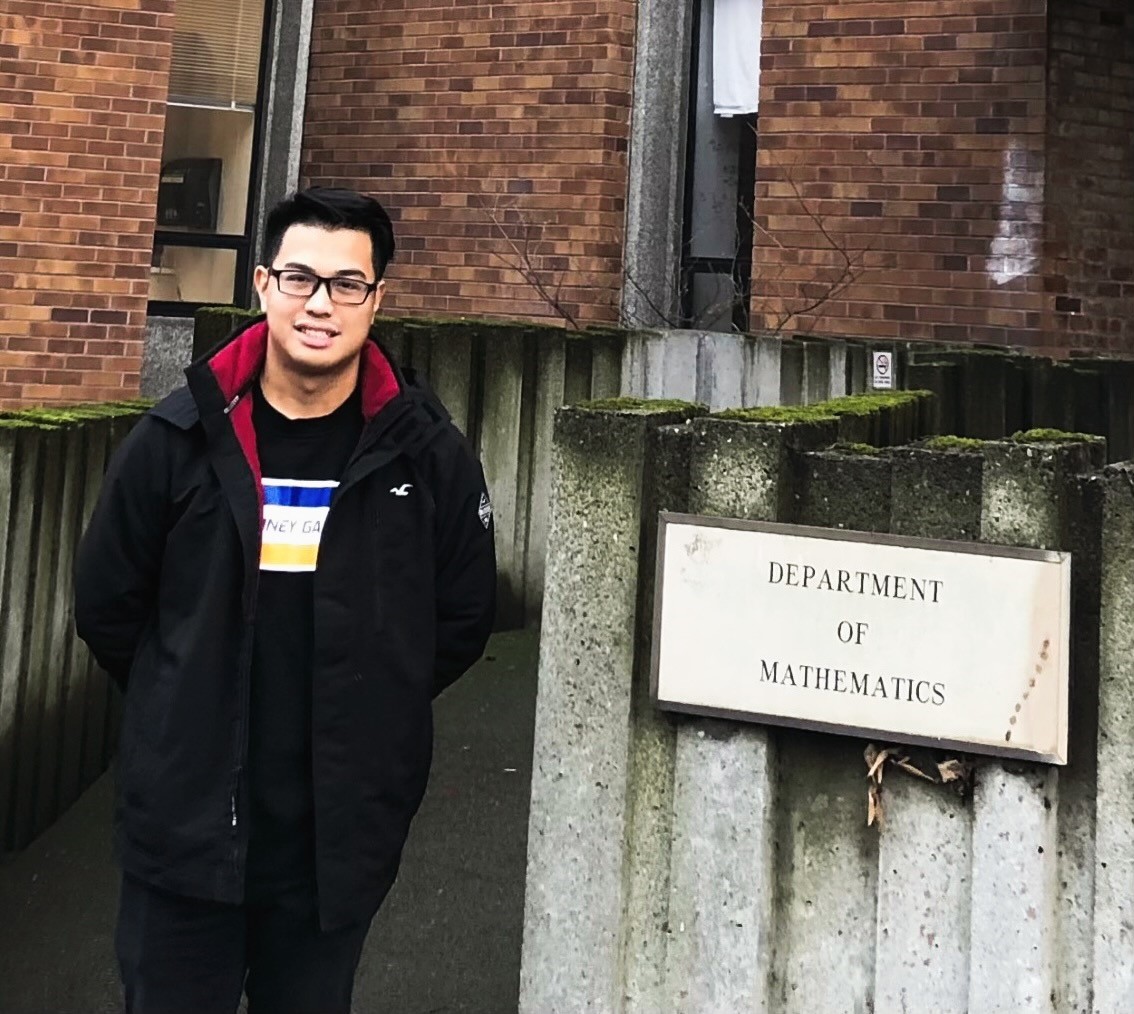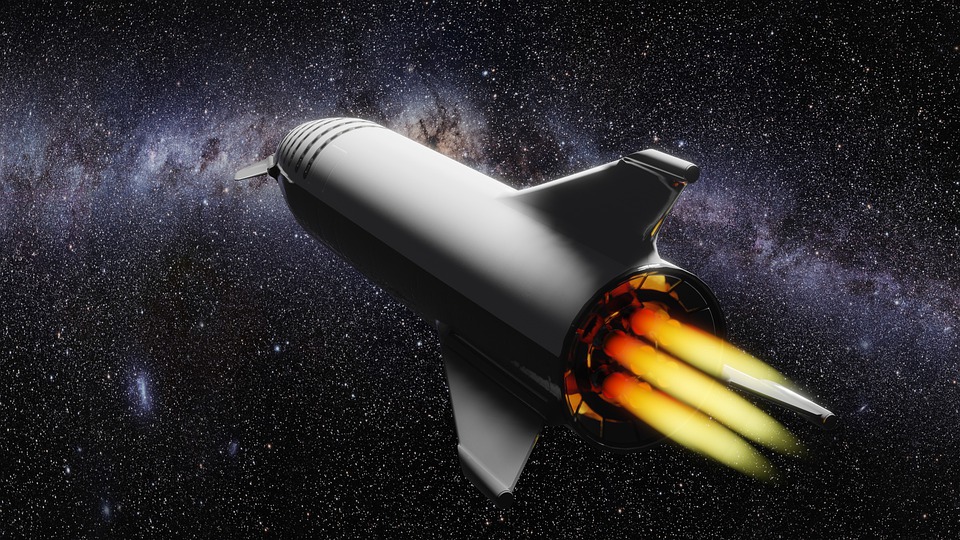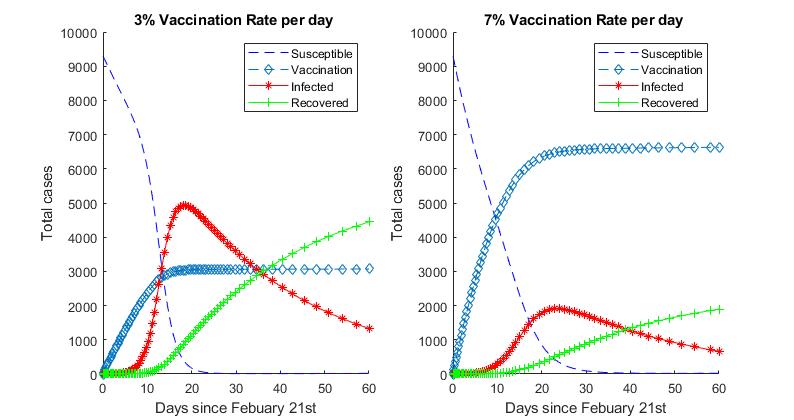About

Duy completed a Master's degree in Computational and Applied Mathematics from California State University, Fullerton in 2021, and currently pursuing a second Master's degree in Software Engineering (expected to graduate in May 2025). With four years in the professional field, Duy has developed strong skills as a full-stack programmer, specializing in web application development, database management, and data analysis. He has a strong interest in AI and Machine Learning, backed by relevant coursework and professional experience. His programming skills are extensive, including Python, SQL, R, and MATLAB, along with HTML, CSS, JavaScript, and AWS services.
Skills

Professional Skills
Publications
Using HF183 to Estimate Watershed-Wide Annual Loadings of Human Fecal Pollution from Onsite Wastewater Treatment Systems
Schiff, K.C., A. Zimmer-Faust, D. Nguyen, J.F. Griffith, J.A. Steele, D.E. McCargar, S. Wallace. 2024. Sustainability 16:9503.
Link to documentTurf Replacement BMPs to Reduce Dry and Wet Weather Runoff
Fassman-Beck, E., E. Tiernan, D. Nguyen, R. Butler. 2024. Technical Report 1391. Southern California Coastal Water Research Project. Costa Mesa, CA.
Link to documentCharacterizing the Removal of Microplastics by California Wastewater Treatment Plants: Implications for Management Strategies.
Wong, C.S., W. Lao, S. Dial, D. Nguyen, R. Butler, D. Lin. 2024. Technical Report 1378. Southern California Coastal Water Research Project. Costa Mesa, CA.
Link to documentProjects
LUNAR LANDING 2024 (NASA/JPL)
NASA is planning to put the first woman and next man on the Moon by 2024 under the Artemis program. To sustainably explore the Moon, the agency would need to build its habitable bases at the lunar south pole (LSP), where past orbiters’ observations indicated the presence of water ice in permanently dark craters. Unlike Apollo landing sites, which clustered mostly near the equator, no human has ever set foot on LSP. As a result, it is crucial to develop a tool to assess the illumination by the Sun and the communication coverage by Earth ground stations and lunar relay satellites. I have developed the Terrain Coverage Analysis Tool for the following purposes:
- Modeling and computing terrain
- Regional dynamic simulation
- Terrain visualization from a lunar asset
- Path Transverse Optimization
COVID-19 Vaccination Modelling
In this project, I modified Susceptible-Infected-Recovered (SIR) mathematical model used on the SARS to get the Susceptible-Vaccinated-Infected-Recovered (SVIR) model. Then I approximated the parameters to fit the Korea COVID-19 data to implement the SVIR model. I investigated the model to determine the proportion of the population that is needed to be vaccinated in order to control the spread of the COVID-19 outbreak. Before doing modelling and analysis, I expected that the number of infected cases to reduce as the percentage of vaccination per day increased. The results that I obtained from implementing my model are very similar to what I predicted. Increasing the vaccination rate per day from 1% to 7% has a significant impact on the total infected cases.
